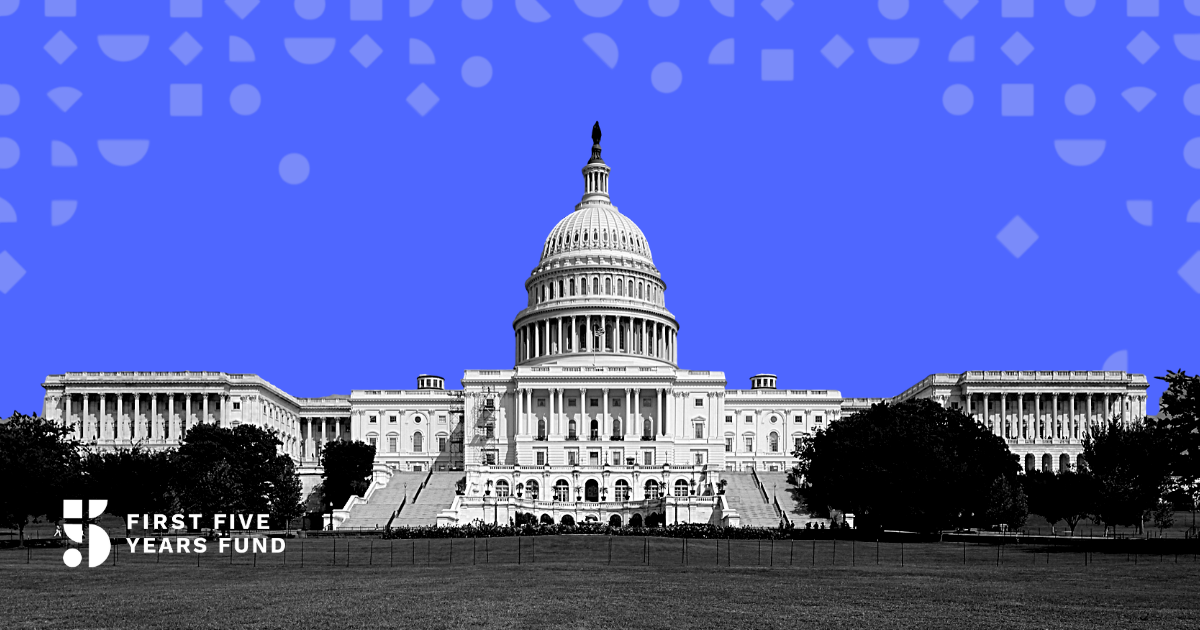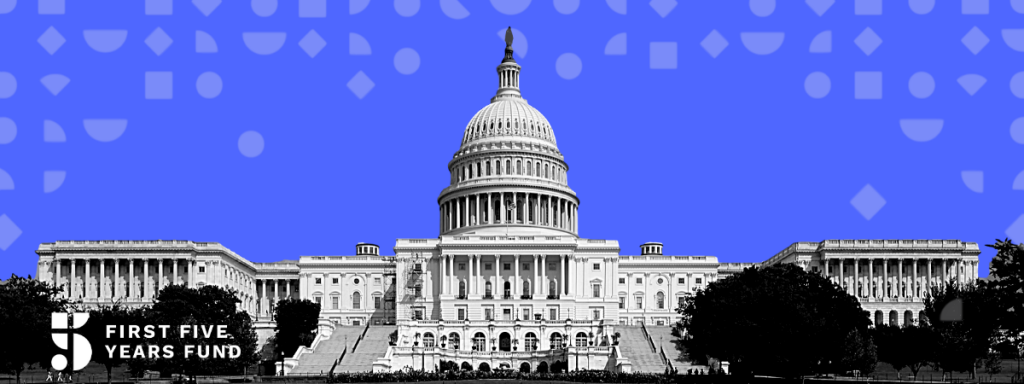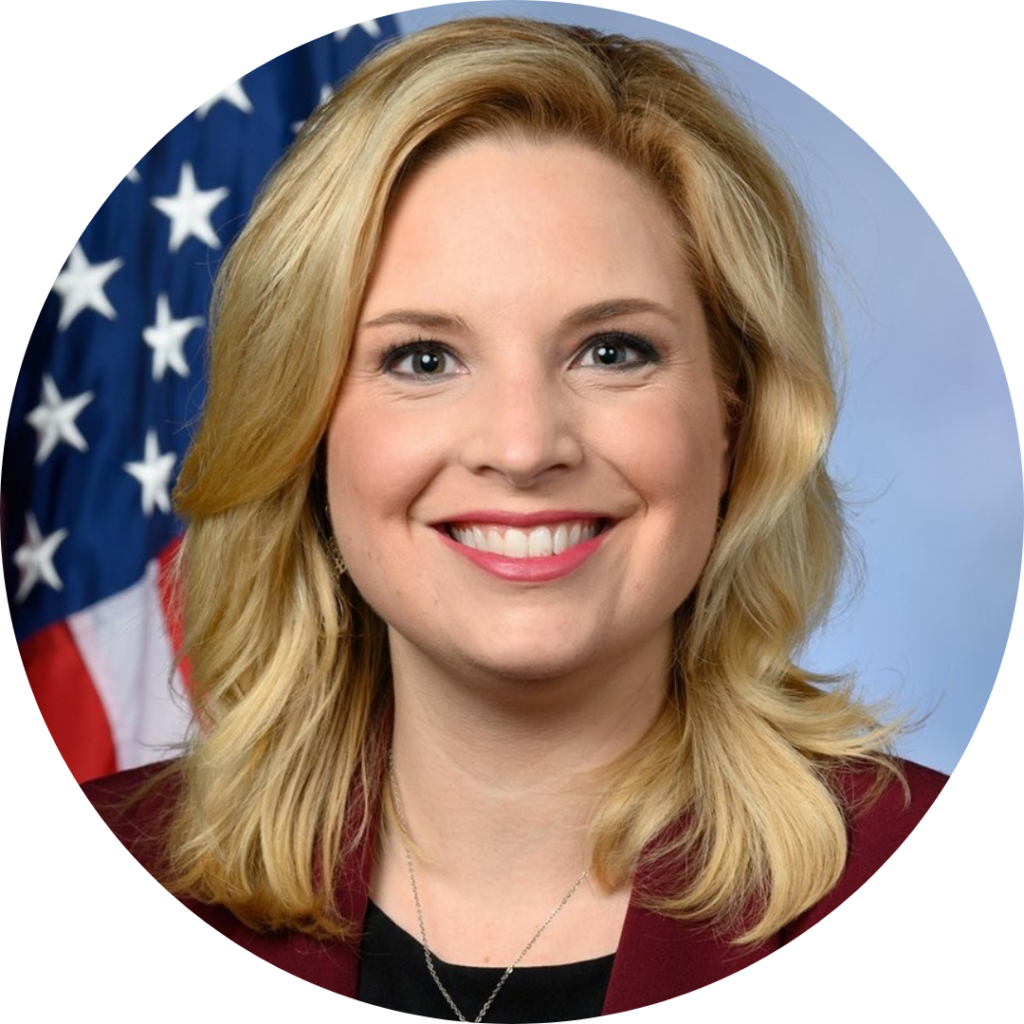Major Updates on Federal Relief Efforts for Child Care Providers and Families

Since the outset of the COVID-19 health and economic crisis, Congress has taken important steps to provide relief to America’s families, small businesses, and major industries as they struggle with the effects of the pandemic. What is clear now more than ever is that the next Congressional relief package must include substantial, specific relief to meet the unique and vast needs of the nation’s child care providers and the families they serve.
Over the last few weeks there have been increased reports of child care providers shuttering doors, of states struggling to determine how and when to open child care to support a returning workforce, and of parents across the country recognizing how essential child care is to their ability to work. Lawmakers from both parties in the House and Senate have taken notice and many have committed to securing much needed relief.

Just yesterday, for example, U.S. Senators Joni Ernst (R-IA), Kyrsten Sinema (D-AZ), Lisa Murkowski (R-AK), and Jeanne Shaheen (D-NH) sent a letter to Senate leadership that was signed by a total of 23 Democratic and Republican senators calling for significant federal support for child care in the upcoming COVID-19 recovery package in Congress. These Senators have made clear that there is substantial need to stabilize the child care industry with dedicated funding, as child care has been hard by this unprecedented health and economic crisis. From the letter: “As Congress considers the next round of relief legislation, we urge leadership to build on its efforts to provide more support for child care so we can effectively serve the needs of essential workers in the short term, and ensure that parents can return to work as our economy recovers.” Read more on the FFYF blog.
Across the Capitol in the U.S. House of Representatives, Speaker Nancy Pelosi unveiled the House Democrats’ latest COVID-19 relief package – The Heroes Act – which expands relief measures like the Paycheck Protection Program (PPP) that were created as part of the CARES Act, and also includes $7 billion for the Child Care and Development Block Grant (CCDBG) program.
What’s clear from all of this is that there is support to address child care specifically and as Congress continues developing and negotiating the next federal relief package, there’s no question that lawmakers must include greater relief that is specific to the child care industry.
Consider the following:
- This crisis has had a devastating impact on the child care industry across the country, with some states seeing their child care supply all but wiped out.
- Millions of working Americans won’t be able to return to work as parts of the economy begin to reopen unless they have access to child care. The U.S. Chamber of Commerce says child care is absolutely essential to bringing employees back to work and reopening commerce.
- Yet 64% of surveyed child care providers say they wouldn’t survive a closure of more than one month without significant public investment. At the same time, a majority of providers have been forced to close to protect public health and in response to plummeting enrollment.
- Currently, across all provider types, 60% of programs are fully closed and not providing care to any children.
- As a result, a recent survey showed two-thirds of parents who still need child care are having difficulty finding it. Further, about half of parents are concerned their provider would no longer be open when they are able to return to work.
- Further, nearly half of all child care capacity, 4.5 million child care slots, is at risk of permanently disappearing without significant public investment — before this crisis, about 12 million children under the age of five were in child care.
Substantial, direct, and targeted support to child care is critical – and supported by 87% of voters, who are in favor of providing enough federal assistance during this crisis to ensure child care providers are able to make payroll and cover other expenses like rent and utilities. Strong support for funding is bipartisan — 82% of Republicans and 94% of Democrats say they are in support.
FFYF and a coalition of the nation’s leading early learning and care organizations recently wrote to Congress with recommendations ahead of the next emergency relief package on the need to provide substantial relief specific to child care.
Subscribe to FFYF First Look
Every morning, FFYF reports on the latest child care & early learning news from across the country. Subscribe and take 5 minutes to know what's happening in early childhood education.



